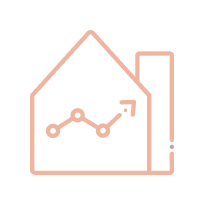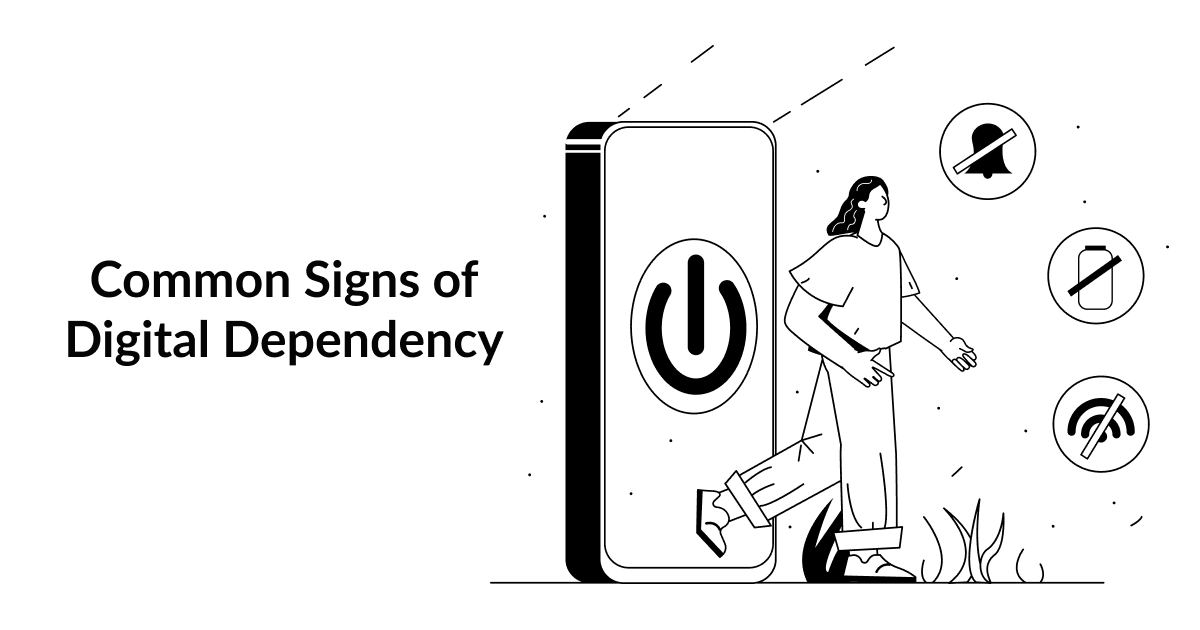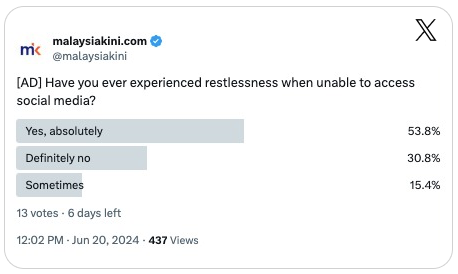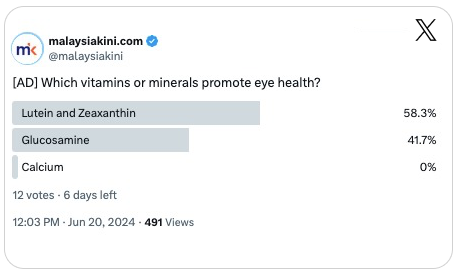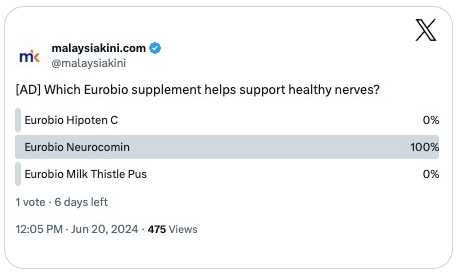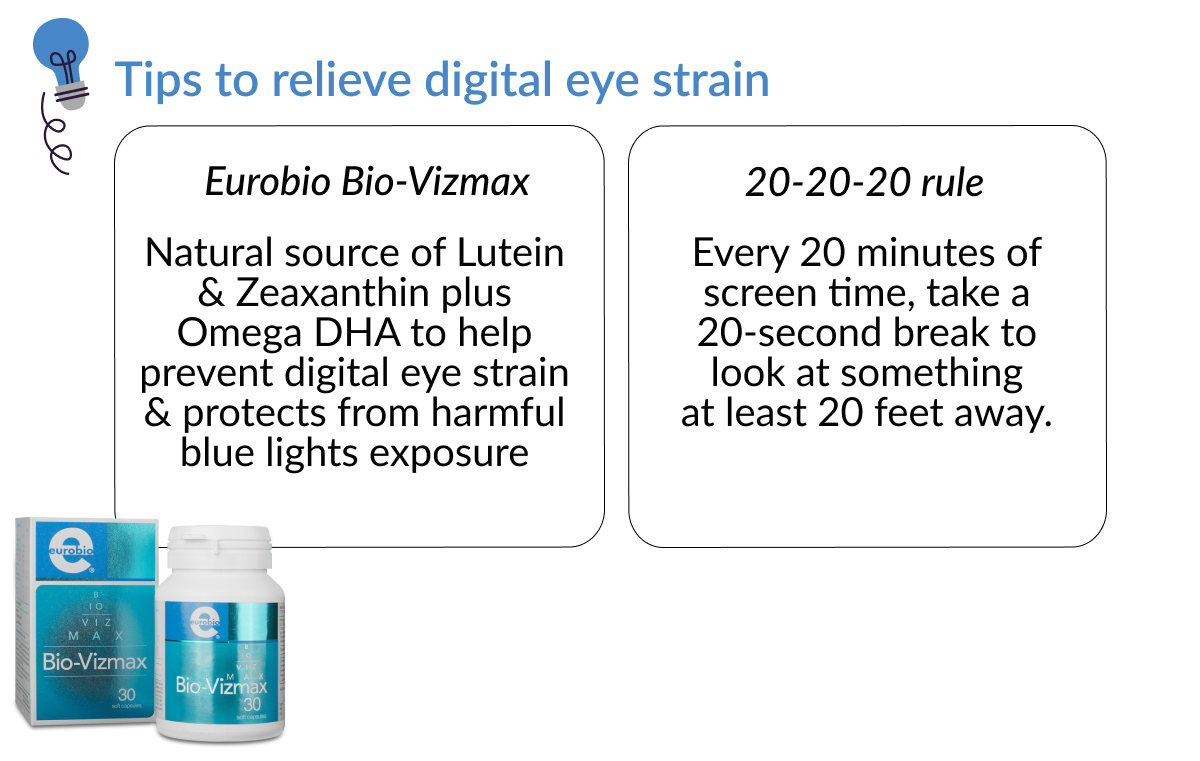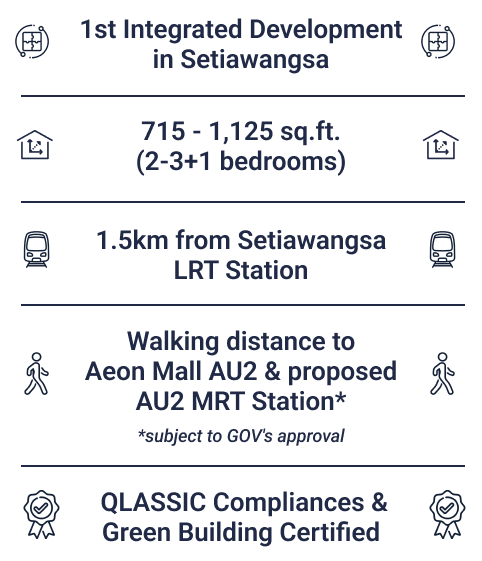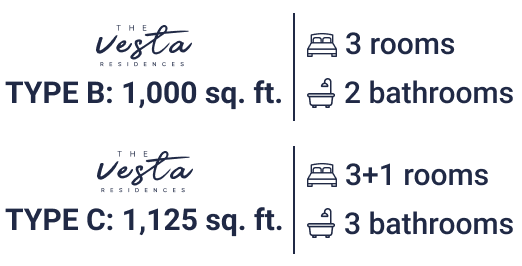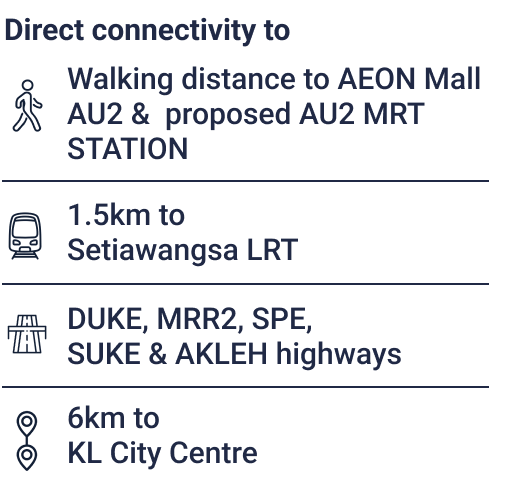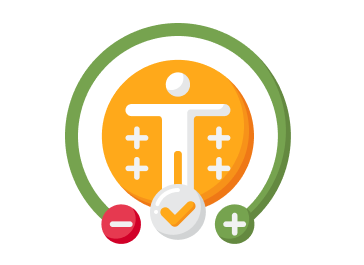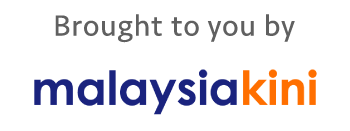
The Hidden Heart Risks Malaysians Can’t Afford to Ignore
Why Are Heart Attacks Striking Gen Z Earlier?
Understand the hidden risks of a heart attack and early actions to live a longer, healthier life.


Why Are Heart Attacks Striking Gen Z Earlier?
Understand the hidden risks of a heart attack and early actions to live a longer, healthier life.



Your heart works silently, but what if it’s trying to tell you something?
Many still believe heart disease mainly affects older adults, or that heart attacks always hit with crushing chest pain. The truth? That’s a myth. In Malaysia, 35.2% of heart attack deaths occur in people under 60, and nearly 4% involve individuals aged 30–39 (CodeBlue, 2024).
Your heart works silently, but what if it’s trying to tell you something?
Many still believe heart disease mainly affects older adults, or that heart attacks always hit with crushing chest pain. The truth? That’s a myth. In Malaysia, 35.2% of heart attack deaths occur in people under 60, and nearly 4% involve individuals aged 30–39.
(CodeBlue, 2024).
In Malaysia, 35.2% of heart attack deaths occur in people under 60, and nearly 4% involve individuals aged 30–39
In Malaysia, 35.2% of heart attack deaths occur in people under 60, and nearly 4% involve individuals aged 30–39
Did you know nearly 4% of heart attack deaths in Malaysia occur among people aged 30-39?
— malaysiakini.com (@malaysiakini) November 20, 2025
To better understand these risks and how they present themselves, we spoke to Dr. Faizal Khan, a Consultant Cardiologist from Pantai Hospital Kuala Lumpur. He shed light on common but often overlooked symptoms. In fact, one in five cases is considered a ‘silent’ heart attack, where the warning signs are often mistaken for everyday discomforts, such as:
To better understand these risks and how they present themselves, we spoke to Dr. Faizal Khan, a Consultant Cardiologist from Pantai Hospital Kuala Lumpur. He shed light on common but often overlooked symptoms. In fact, one in five cases is considered a ‘silent’ heart attack, where the warning signs are often mistaken for everyday discomforts, such as:



Fatigue



Indigestion



Shortness of breath



Pain spreading to the arms, jaw, or back



Fatigue



Shortness of breath



Indigestion



Pain spreading to the arms, jaw, or back
Most-Encountered
Heart Conditions
Most-Encountered
Heart Conditions
When it comes to heart health, a few conditions show up more often than others.
These are the main conditions doctors see most often, and understanding them is the first step to protecting your heart.
When it comes to heart health, a few conditions show up more often than others. These are the main conditions doctors see most often, and understanding them is the first step to protecting your heart.



Coronary artery disease
Arteries get clogged, making it harder for blood to reach the heart.



Heart failure
The heart can’t pump as strongly as it should, leaving you feeling tired and weak.



Cardiac arrhythmias
Irregular heartbeats—sometimes too fast, sometimes too slow—that can throw the heart off balance.



Cerebrovascular disease
Better known as stroke, which happens when blood flow to the brain is interrupted.



Coronary artery disease
Arteries get clogged, making it harder for blood to reach the heart.



Heart failure
The heart can’t pump as strongly as it should, leaving you feeling tired and weak.



Cardiac arrhythmias
Irregular heartbeats—sometimes too fast, sometimes too slow—that can throw the heart off balance.



Cerebrovascular disease
Better known as stroke, which happens when blood flow to the brain is interrupted.







Young Hearts Under Pressure
Gen Z is facing risks earlier due to a mix of lifestyle and environment. Rising rates of obesity, diabetes, high blood pressure, poor diets, lack of exercise, smoking, irregular sleep, and high stress levels are accelerating what experts call “cardiac aging,” where a 25-year-old’s heart can show the wear of someone much older.
“When under pressure, stress hormones like cortisol and adrenaline increase blood pressure, heart rate, and inflammation. Over time, this invisible strain carves out the path to heart disease,” said Dr. Faizal.
Young Hearts
Under Pressure
Gen Z is facing risks earlier due to a mix of lifestyle and environment. Rising rates of obesity, diabetes, high blood pressure, poor diets, lack of exercise, smoking, irregular sleep, and high stress levels are accelerating what experts call “cardiac aging,” where a 25-year-old’s heart can show the wear of someone much older.
“When under pressure, stress hormones like cortisol and adrenaline increase blood pressure, heart rate, and inflammation. Over time, this invisible strain carves out the path to heart disease,” said Dr. Faizal.
What's driving heart problems in younger generations?🫀
— malaysiakini.com (@malaysiakini) November 20, 2025
“Smartwatches help prevent heart disease by providing real-time monitoring of key health metrics, including heart rate and rhythm, which can lead to early detection of conditions like atrial fibrillation (AFib) and prompt medical consultation”,
said Dr. Faizal.



“Smartwatches help prevent heart disease by providing real-time monitoring of key health metrics, including heart rate and rhythm, which can lead to early detection of conditions like atrial fibrillation (AFib) and prompt medical consultation”,
said Dr. Faizal.



Do Smartwatches Really Help?
Smartwatches Really Help? Smartwatches do help as early warning and monitoring tools. They are useful in “flagging” possible issues and prompting medical attention.
They also track physical activity and sleep, streamlining how people monitor their health by detecting concerns like high blood pressure and low oxygen levels.
But when someone has symptoms of a heart attack or risk factors, medical evaluation is essential. Heart screenings like electrocardiogram, blood work, stress tests, and echocardiograms enable early detection of hidden risks, allowing cardiologists to guide patients toward the right lifestyle changes or treatments, ensuring problems are addressed before they become life-threatening.
It’s Never Too Late to Protect Your Heart
Whether you are 25 or 75, it’s never too late to take action. Dr. Faizal recalls a story of a 78-year-old patient who once refused treatment after her first heart attack.
Her journey is a reminder that heart disease does not discriminate by age, gender, or schedule. Awareness and prevention remain your best defense.
“She thought her age left her with no chance. But after a second heart attack, doctors discovered two severe blockages. Once she had treatment, she regained her strength and independence, proof that timely care can transform lives at any age.”
“She thought her age left her with no chance. But after a second heart attack, doctors discovered two severe blockages. Once she had treatment, she regained her strength and independence, proof that timely care can transform lives at any age.”
It’s Never Too Late to Protect Your Heart
Whether you are 25 or 75, it’s never too late to take action. Dr. Faizal recalls a story of a 78-year-old patient who once refused treatment after her first heart attack.
Her journey is a reminder that heart disease does not discriminate by age, gender, or schedule. Awareness and prevention remain your best defense.
Take it from the expert
Your heart deserves the best. Pantai Hospital Kuala Lumpur offers comprehensive modern care for patients.


Visit https://www.pantai.com.my/kuala-lumpur to make an appointment with a team of experienced specialist doctors and cardiologists today.
Take it from the expert
Your heart deserves the best. Pantai Hospital Kuala Lumpur offers comprehensive modern care for patients.


Visit https://www.pantai.com.my/kuala-lumpur to make an appointment with a team of experienced specialist doctors and cardiologists today.











